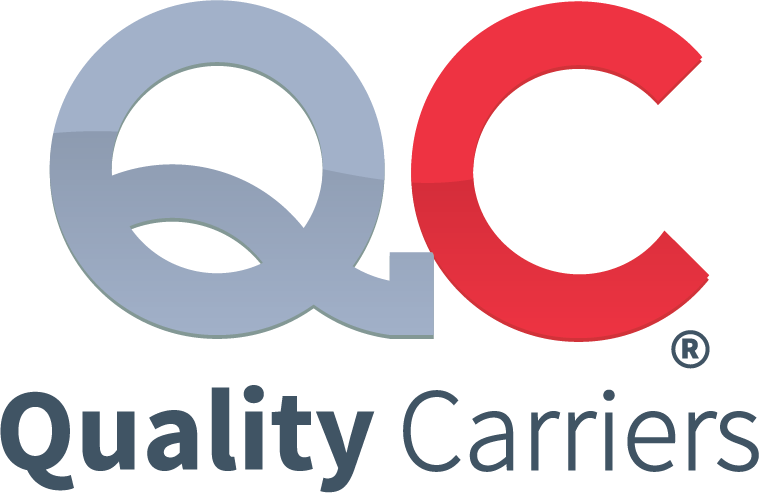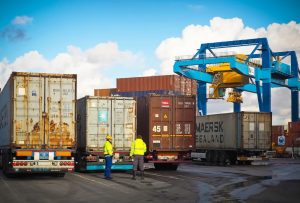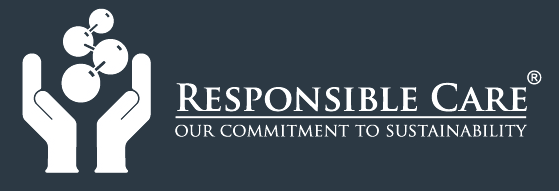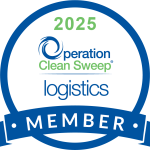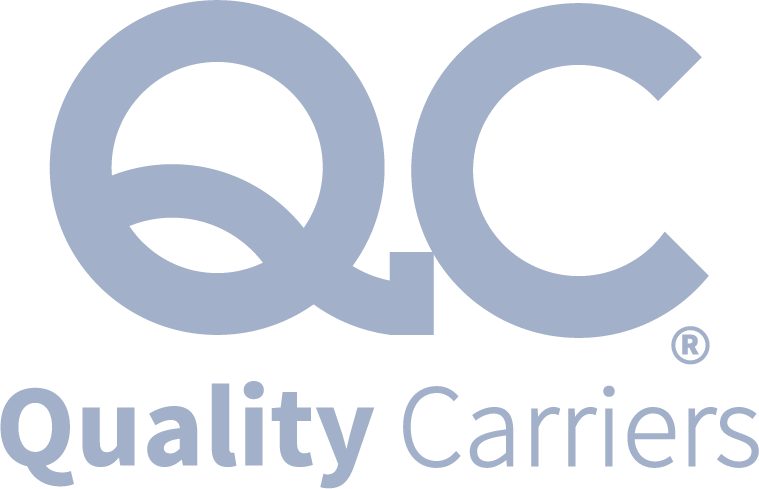Becoming an owner-operator in the trucking industry is an exciting venture, offering the freedom of being your boss and the potential for financial success. However, with significant independence comes great responsibility, including the need for proper insurance coverage. Trucking involves inherent risks, and having the right insurance is crucial for protecting your investment, your livelihood, and the cargo you haul. In this blog post, we’ll explore the types of owner-operator insurance typically needed to ensure they’re well-prepared for any situation on the road.
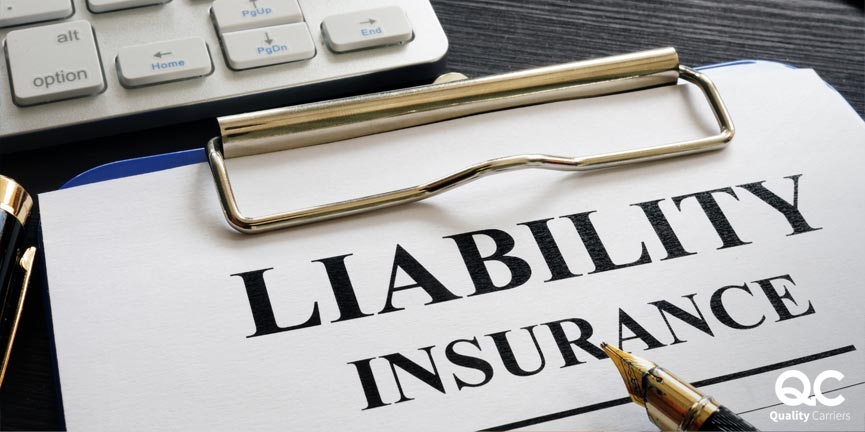
Liability Insurance
Liability insurance is the foundation of any owner-operator’s insurance coverage. It’s required by law and covers damages and injuries you may cause to others in an accident. This includes medical expenses, property damage, and legal fees if sued. Liability coverage is usually expressed as two numbers, such as 100/300, where the first number represents the maximum amount the insurance will pay per person for bodily injuries, and the second number represents the maximum per accident.
Physical Damage Insurance
Physical damage insurance covers repairing or replacing your truck if it’s damaged in an accident or another covered event, such as theft, vandalism, or natural disasters. It’s essential for protecting your valuable asset, especially if you’re making payments on your truck.
Cargo Insurance
Cargo insurance provides coverage for the freight or cargo you’re hauling. It protects you in case of theft, damage, or loss of the goods you’re transporting. Having cargo insurance is often a requirement when working with shippers and brokers, as they want assurance that their cargo is protected.
Occupational Accident Insurance
Occupational accident insurance is an alternative to traditional workers’ compensation for owner-operators. It covers medical expenses, disability benefits, and accidental death benefits if you’re injured while working. This type of coverage can be more flexible and affordable than workers’ comp.
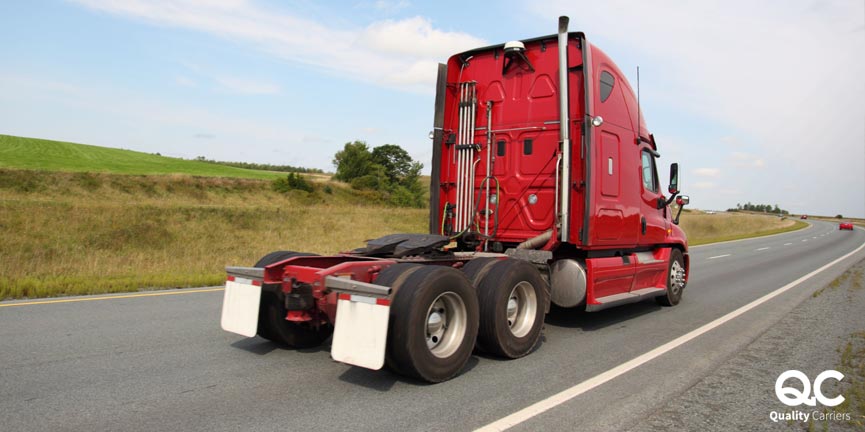
Non-Trucking Liability Insurance (NTL)
Non-trucking liability insurance, or NTL or bobtail insurance, covers your liability when using your truck for non-business or personal purposes and not hauling any cargo for a motor carrier. This coverage is essential because most primary liability policies provided by motor carriers only cover you when you’re actively engaged in business-related activities. NTL bridges the gap by protecting you during off-duty hours when you might be driving your truck without a trailer. It’s an essential component of an owner-operator’s insurance portfolio to ensure continuous protection.
Trailer Interchange Insurance
Trailer interchange insurance is crucial if you frequently haul trailers you don’t own. This coverage protects against damage to and loss of non-owned trailers in your care, custody, or control. It’s particularly relevant for owner-operators who engage in trailer interchange agreements with other carriers or shippers. Having this insurance demonstrates your commitment to safeguarding the assets of other parties, which can be a requirement when participating in such agreements.
Motor Truck General Liability Insurance
Motor Truck General Liability insurance protects standard liability coverage. While primary liability insurance covers damages and injuries you may cause while operating your truck, motor truck general liability insurance extends your coverage to include broader risks. This can consist of property damage or bodily injury while you’re not driving, such as incidents at truck stops, loading/unloading areas, or during maintenance activities. It’s a comprehensive liability insurance option that provides added peace of mind for owner-operators, ensuring they are protected in various situations.
Choosing the Right Insurance
Selecting the right insurance for owner-operators can be complex, as it depends on various factors, including the types of loads you haul, the regions you operate in, and your financial situation. Working with an experienced insurance agent specializing in trucking is crucial to assess your needs accurately.
In conclusion, being an owner-operator offers incredible opportunities, but it also comes with substantial responsibilities, including securing the right insurance coverage. By understanding the types of insurance available and working with a knowledgeable agent, you can ensure that you’re adequately protected on the road, allowing you to focus on growing your successful trucking business.
FAQs about Owner-Operator Insurance
How much does owner-operator insurance cost?
The cost of owner-operator insurance varies widely depending on factors such as your driving history, the value of your truck, the types of coverage you choose, and the insurance provider. On average, owner-operator insurance costs can range from a few thousand dollars to several thousand dollars annually.
Do I need insurance if I lease onto a motor carrier?
Yes, even when leased, you’ll often need additional insurance beyond what the carrier provides, depending on your lease agreement and non-business use of your truck.
Do I need to notify my insurance provider of any changes in my operations or routes?
It’s crucial to keep your insurance provider informed of any changes in your operations, such as hauling different types of cargo or expanding your routes. Failing to do so could result in coverage gaps or policy violations.
